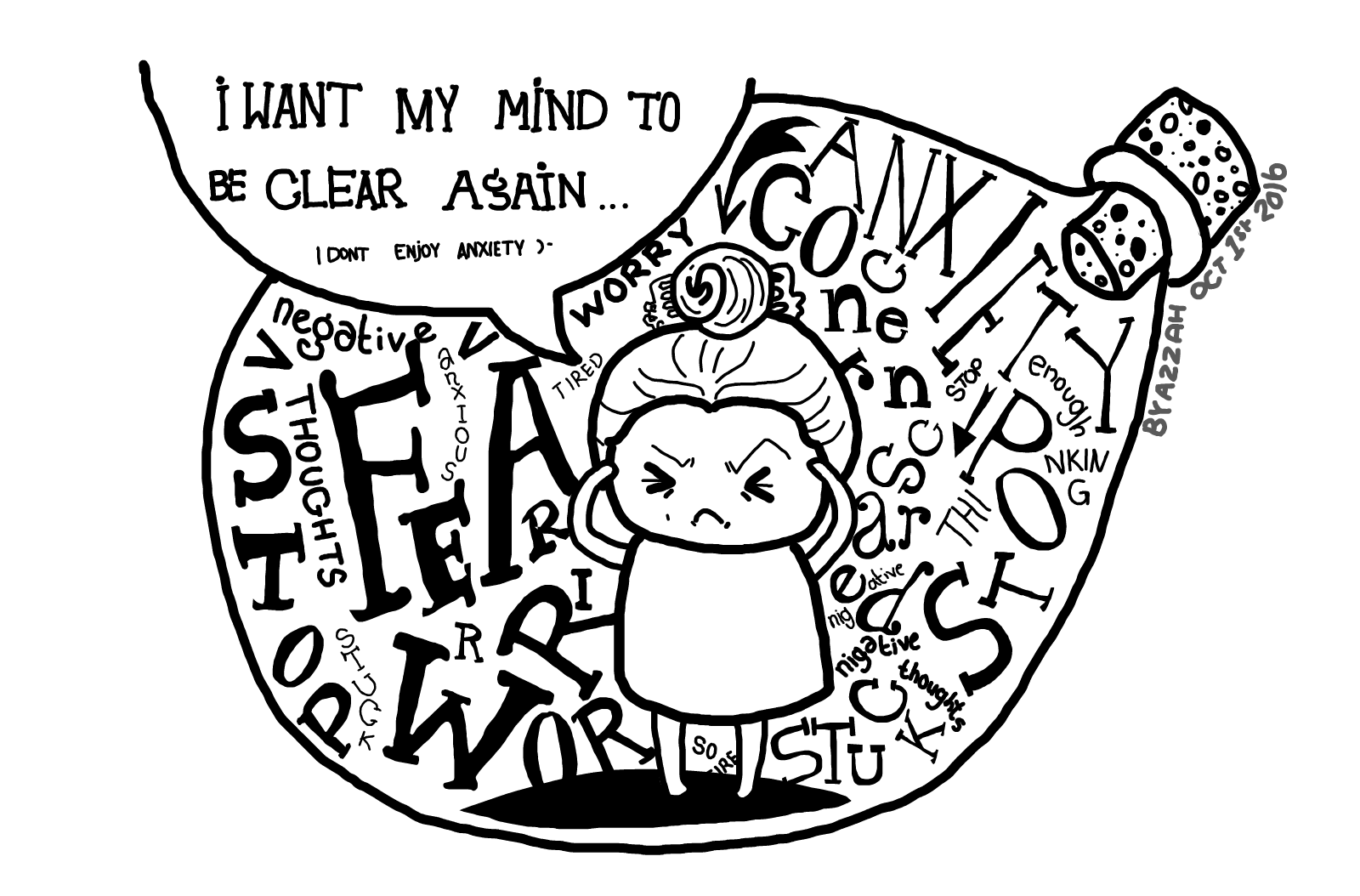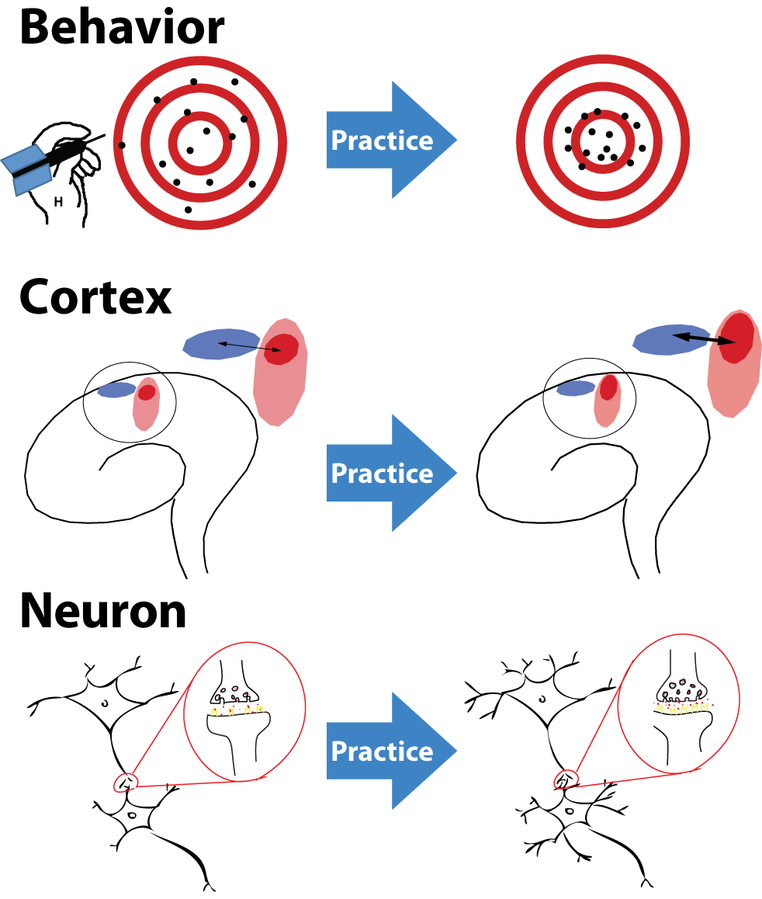 Photo Credit: QuickMeme
Photo Credit: QuickMeme
Adapted from the Archives
The word “victim” is one I rarely use because the word itself further victimizes the person. Sometimes we may intend to wound with our words, but often we just state/post a thought, viewpoint, or opinion having no idea what a strong and public reaction we may receive in the aftermath.
Just yesterday, I was in a Twitter conversation where what I said exploded a barrage of words (from passersby not the person with whom I was engaged). My person (we follow each other but don’t know each other) had been victimized by an awful situation and I was trying to comfort and reason with him over it. Then the attacks came (not from him but from others). The words “Karen”, “gaslighting”, “oppressor”, and a “cishet” Christian (not in a good way) were used to describe me (I had to look up the linked words).
We stick to our own in life, in a way to enjoy a certain measure of understanding and acceptance. If we stay surface enough, we hopefully don’t offend, don’t disturb the sensitiveness of another.
Decide to go deeper or venture out among those different from us (be it politically, or gender identity, or race/ethnicity), in our current culture, it can get messy.
I want deep and wide relationships with people, but at times, I will mess up or be misunderstood. Our social media walls can get full of the most always graffiti, well-deserved, others might say.
Real face-to-face conversation and not fleeing the scene can both help…at least the relationship. The passer-bys? Not so much. I want to scream sometimes, “This might not be about you.”
 Photo Credit: Flickr
Photo Credit: Flickr
I digress…
Years ago, my best friend and I went on a cross-country sight-seeing trip. Our plan was to camp out a couple of nights and then stay in a hotel for the third, and continue in that rhythm for the two weeks we were on our adventure. It didn’t always go well. I loved camping; she preferred the hotel. Our food preferences were more different than we realized. We did, fortunately, agree on the “not to be missed” aspects of our journey across America.
Along with all the great memories made, we had some humdinger disagreements through the course of our time away and returned home even better friends as an outcome. However, it didn’t come easily for either of us.
It turns out I could majorly stomp on her feelings without even knowing that was happening.
First, you must know I never intended to plow through her preferences to race toward my own. She was my dearest friend. It gave me joy to see her happy. Still…somewhere I crossed a line.
We have both matured greatly since then so this can encourage you…it has encouraged me in more recent times when I find myself in similar situations.
In our responses to one another, as friends, family, colleagues, (even strangers on social media) we can discover things both about ourselves and about the other.
Emotions are different from feelings. I’m not going into the physiological pathways or mental habit formation of all this, but the quote below by Debbie Hampton is very helpful:
“Feelings and emotions are two sides of the same coin and highly interconnected but are two very different things…Emotions originally helped our species survive by producing quick reactions to threat, reward, and everything in between in their environments. Emotional reactions are coded in our genes. Emotions precede feelings, are physical, and instinctual. Feelings are sparked by emotions and colored by the thoughts, memories, and images that have become subconsciously linked with that particular emotion for you. But it works the other way around too. For example, just thinking about something threatening can trigger an emotional fear response. While individual emotions are temporary, the feelings they evoke may persist and grow over a lifetime…In the gaps between emotion, feeling, and acting, we all have the power to change and direct our lives for the better. “ – Debbie Hampton
In the milliseconds between any stimulus and our response to it, we can choose how we will respond emotionally. However, because we have set a course “over a lifetime” of responding certain ways, emotional patterns (feelings) are formed and put into practice. We can change these, if we find them detrimental to our physical, emotional, and relational lives.
That happened between my friend and me. In close proximity, for two weeks, our daily experience being very dependent on the other, we found we could each be irritating. The statements “That hurt my feelings” or “You hurt my feelings” became her lament…this from an accomplished teacher and successful manager of a classroom of tiny people.
For me…inconceivable. I loved her and had no desire to hurt her, ever. Still, it happened.
[By the way, this expression of sensitiveness using the word “feelings” may be more encountered in women, but men have some similar experience – you know you do – but call it different things. “Offended”, maybe? “Annoyed”? Is that where sarcasm or cynicism is birthed?]
Back to the story: In some way, my behavior set off for my friend emotions that were tagged by past feelings of being discounted, not considered, not favored. It wasn’t pretty…for either of us.
Fast forward, decades later.
We live in a culture of lofty sensitiveness. The measure for political correctness in our speech continues to get moved upward. We are a nation so easily offended that we can’t even discern what is truly intentionally offensive from what is just true.
Have you ever been in a season with a friend or colleague that feels emotionally murky? You don’t really know what’s going on, but you sense something is. Then…you step on the landmine – and you say something or do something or your face shows something – that explodes all kinds of feelings in the other person, from what seems a life-time of storing up.
This is what has now been popularized as weaponizing feelings or emotions. The outcome? Guilt, shame, wounding, and (for some) returning fire.
It will make me sad if this post “hurts feelings”, especially of those dear to me who read the blog. The thing is, just like my friend and me, we can go deeper in our relationships when we refuse to let feelings define our friendships. When we refuse to think ill of others we grow a spiritual maturity and neuroplasticity that impacts our emotional responses and our relational resilience.
What got me thinking about all this, this week was actually a reading from British scholar C. S. Lewis –
He talks about the danger of weaponizing sensitiveness long before it became the cultural phenomenon it is today:
“‘Did you fight fair?’ Or did we not quite unknowingly falsify the whole issue? Did we pretend to be angry about one thing when we knew, or could have known, that our anger had a different and much less presentable cause? Did we pretend to be ‘hurt’ in our sensitive and tender feelings…when envy, ungratified vanity, or thwarted self-will was our real trouble? Such tactics often succeed. The other parties give in. They give in not because they don’t know what is really wrong with us but because they have long known it only too well, and that sleeping dog can be roused, that skeleton brought out of its cupboard, only at the cost of imperilling their whole relationship with us. It needs surgery which they know we will never face. And so we win; by cheating. But the unfairness is very deeply felt. Indeed what is commonly called ‘sensitiveness’ is the most powerful engine of domestic tyranny sometimes a lifelong tyranny. How we should deal with it in others I am not sure; but we should be merciless to its first appearances in ourselves.“ – Preparing For Easter: Fifty Devotional Readings from C. S. Lewis.
After being an atheist, Lewis did not come to faith in Christ until his mid-thirties. His intense study of the Bible, relationship with God, and deep, gut-honest conversations with a circle of intimate friends moved him to such understanding of people and life…and our responses to both.
Any thoughts on this? Please comment below.














































